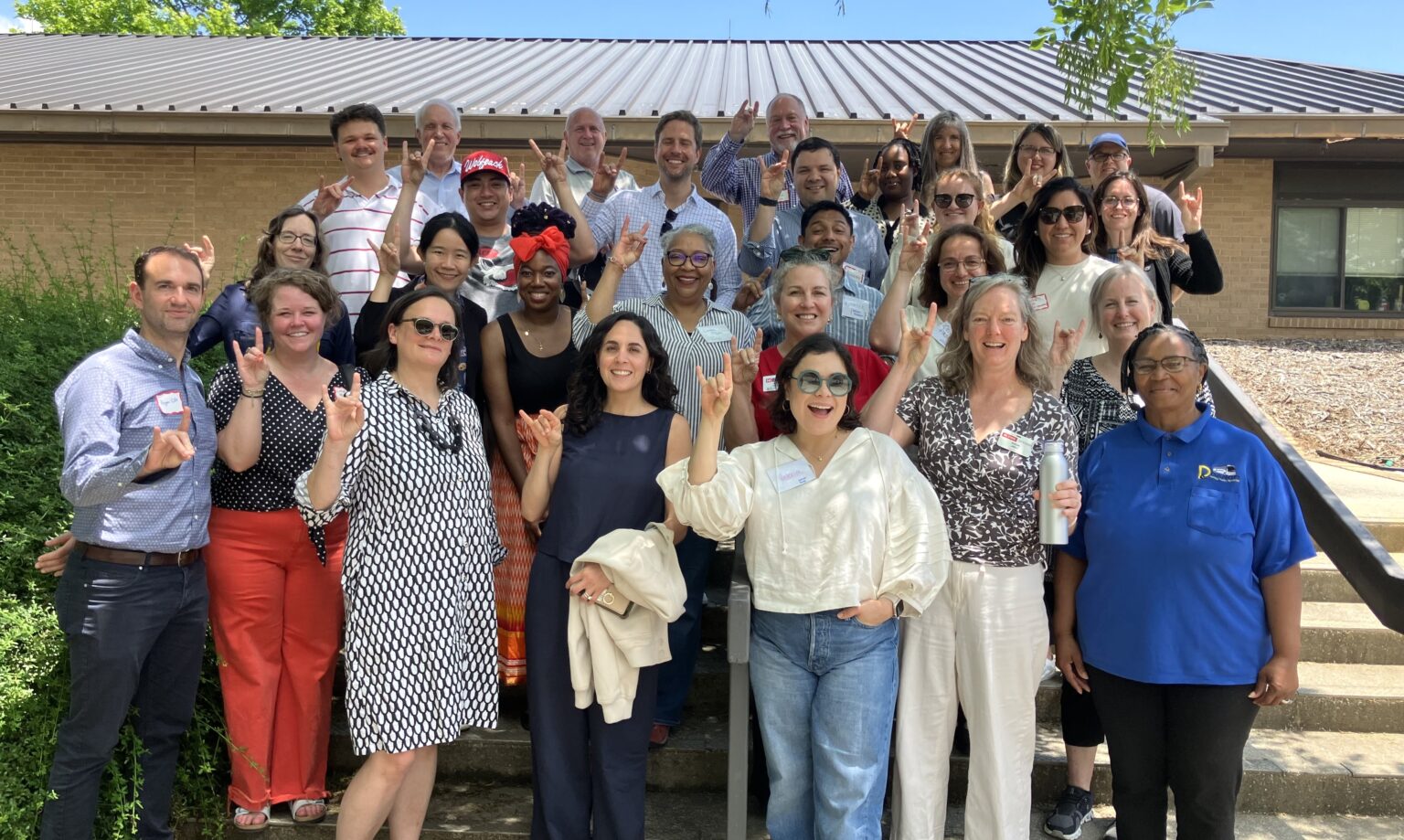For Trung Ly, there is nothing more fascinating than observing the world around him to understand the dynamics that drive wages, employment, and employee motivation. As a new assistant teaching professor of economics at the Poole College of Management, he is showing his students how to view the world through a different lens.
Q&A with Trung Ly
How did you become interested in labor economics?
In 2007, I moved from my native Vietnam to St. Louis, Missouri, to study business at the University of Missouri. I had just missed the cut for medical school in Vietnam, so I was searching for a new direction. It didn’t take me long to discover that business wasn’t my passion—but economics was. During the Great Recession, as people were losing their jobs, I became increasingly curious about the dynamics of the crisis and how various government policies were affecting the people around me. I added an economics major and went on to earn a PhD in economics at the University of Notre Dame between 2013 and 2019.
What is the focus of your research?
“Currently, I am working with a group of colleagues on a paper that examines the impact of minimum wage on risk perception. The question we are asking is whether people become more risk-tolerant or risk-averse when the minimum wage rises.”
My research has always revolved around understanding the effects of the minimum wage. In graduate school, my primary research topic was related to the impact of the minimum wage on the overqualification rate—the fraction of high-skilled people who work in low-skilled jobs. Currently, I am working with a group of colleagues on a paper that examines the impact of minimum wage on risk perception. The question we are asking is whether people become more risk-tolerant or risk-averse when the minimum wage rises. At this point, our data seems to indicate that a rise in the minimum wage decreases people’s appetite for risk, perhaps because people are responding to the possibility of unemployment and a prolonged job search.
What are some common misconceptions surrounding the minimum wage?
A lot of people think that because they don’t make the minimum wage, it doesn’t affect them. In reality, it affects everyone by impacting inflation, pricing, and hiring. Another misconception is that no one actually makes the federal minimum wage ($7.25/hr) anymore. While 29 U.S. states have a minimum wage set higher than the federal minimum wage, 16 states set theirs at the federal level and five states have no requirement. Approximately 1.5% of all hourly paid workers in the U.S. make the federal minimum wage—that is equivalent to 1.1 million workers.
What brought you to NC State?
I have always harbored a deep passion for educating the next generation. I want to leave a mark on other people’s lives, and the way I choose to do that is through helping them understand the world around them. I am currently teaching several undergraduate classes in econometrics and a research seminar that focuses on the minimum wage. So far, I have been impressed with the intelligence of my students and the wide variety of interests they bring to the table.
How would you describe your approach to teaching?
“My goal is to teach students to solve complex problems through real-world application. I encourage them to focus on the logical process of problem-solving, not memorizing and regurgitating content.”
My goal is to teach students to solve complex problems through real-world application. I encourage them to focus on the logical process of problem-solving, not memorizing and regurgitating content. In my econometrics classes, I ask students to identify a research question and develop a data model to solve it. They choose to examine everything from how video game reviews impact sales to how an athlete’s height and weight affect performance. It’s exciting to see them become more competent in using in-demand data science tools to solve a problem from A to Z.
In my research seminar, I start by introducing students to the ins and outs of minimum wage, starting with its impact on employment. Then, they choose a current research topic related to minimum wage and present their findings to the class. The first part of the course, I teach them. The second part, they teach me.
How do you like to spend your free time?
My wife and I live on the schedule of our 4-year-old and 2-year-old. We’ve been spending a lot of time at playgrounds, libraries, and whatever cultural events we come across in Cary. This summer, we are taking the kids to Vietnam, where we both grew up, for the first time. On my own, I like to take long walks. Simply looking around at people and buildings gives my mind a rest and allows me to be more present.
- Categories:



